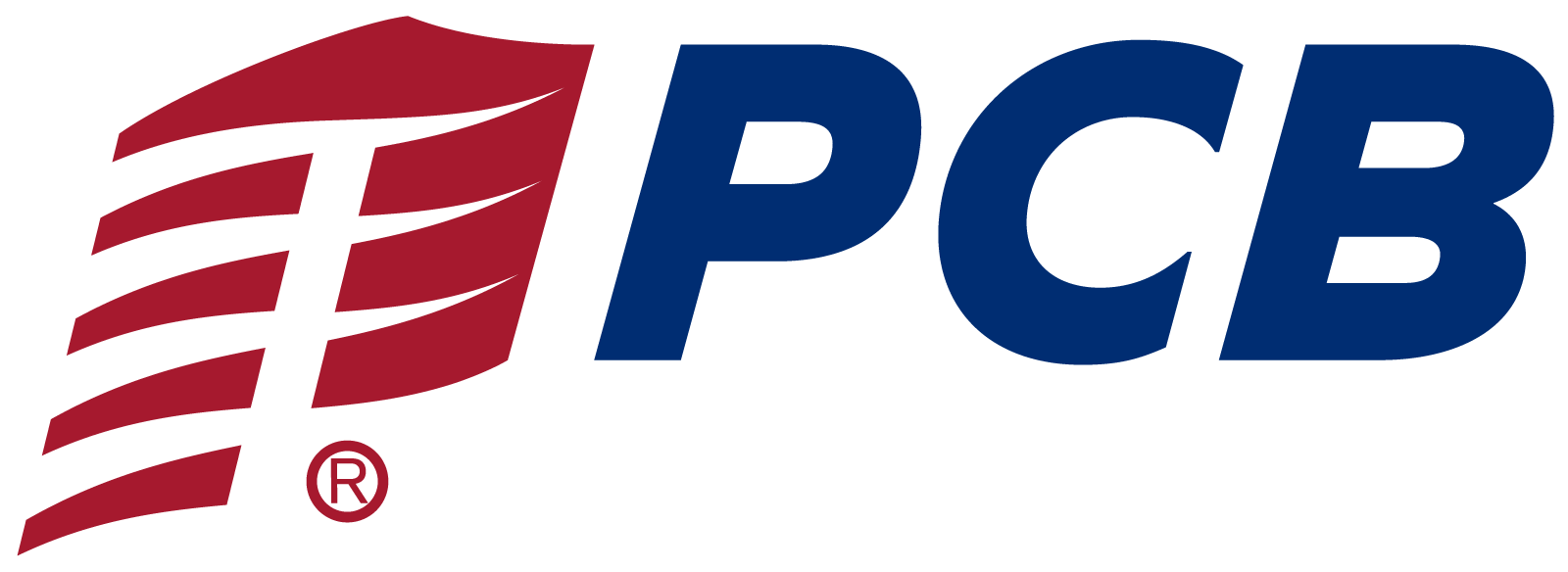
Importing Bulk Commodities At Estimated Volumes Or Weight
Are you in the business of importing bulk commodities that are valued by weight or volume? If so, it is imperative to ensure that the values provided to Canada Customs are compliant with their valuation regulations.
Estimated Volumes VS. Actual Volumes
Many companies import a bulk commodity into Canada such as liquids, which are priced by volume. At the time of purchase, the supplier will normally use estimated volume on the customs invoice. For example 30,000 litres of fuel valued at $2.50 USD per litre = $75,000 USD.
When the product is physically loaded onto the conveyance and on its way to Canada the actual volume may not reflect the estimated value that was declared. For example: 30,000 litres estimated may in fact be 28,500 actual litres. 28,500 litres x $2.50 USD = $71,250 USD.
As the Importer of Record (IOR) is held ultimately responsible for any errors in the declaration of their imported goods, the IOR would be obligated to correct the customs entry. In this case the price payable used at the time of purchase was incorrect and the actual volume discovered at the time of loading must be submitted to Canada Border Services Agency (CBSA).
Failure To Amend Volumes
Failure to correct the B3 Canada Customs Coding Document can lead to a penalty as outlined in the Administrative Monetary Penalty System (AMPS) issued by CBSA to the IOR. CBSA's Master Penalty Document, Contravention C083 states: Authorized person failed to make the required corrections to a declaration of value for duty within 90 days after having reason to believe that the declaration was incorrect.
Penalty
- 1st: $150 to a maximum of $5,000 (per issue) or $25,000 (per occurrence)
- 2nd: $225 to a maximum of $200,000 (per occurrence)
- 3rd and Subsequent: $450 to a maximum of $400,000 (per occurrence)
AMPS - How Would This Affect Your Bottom Line?









